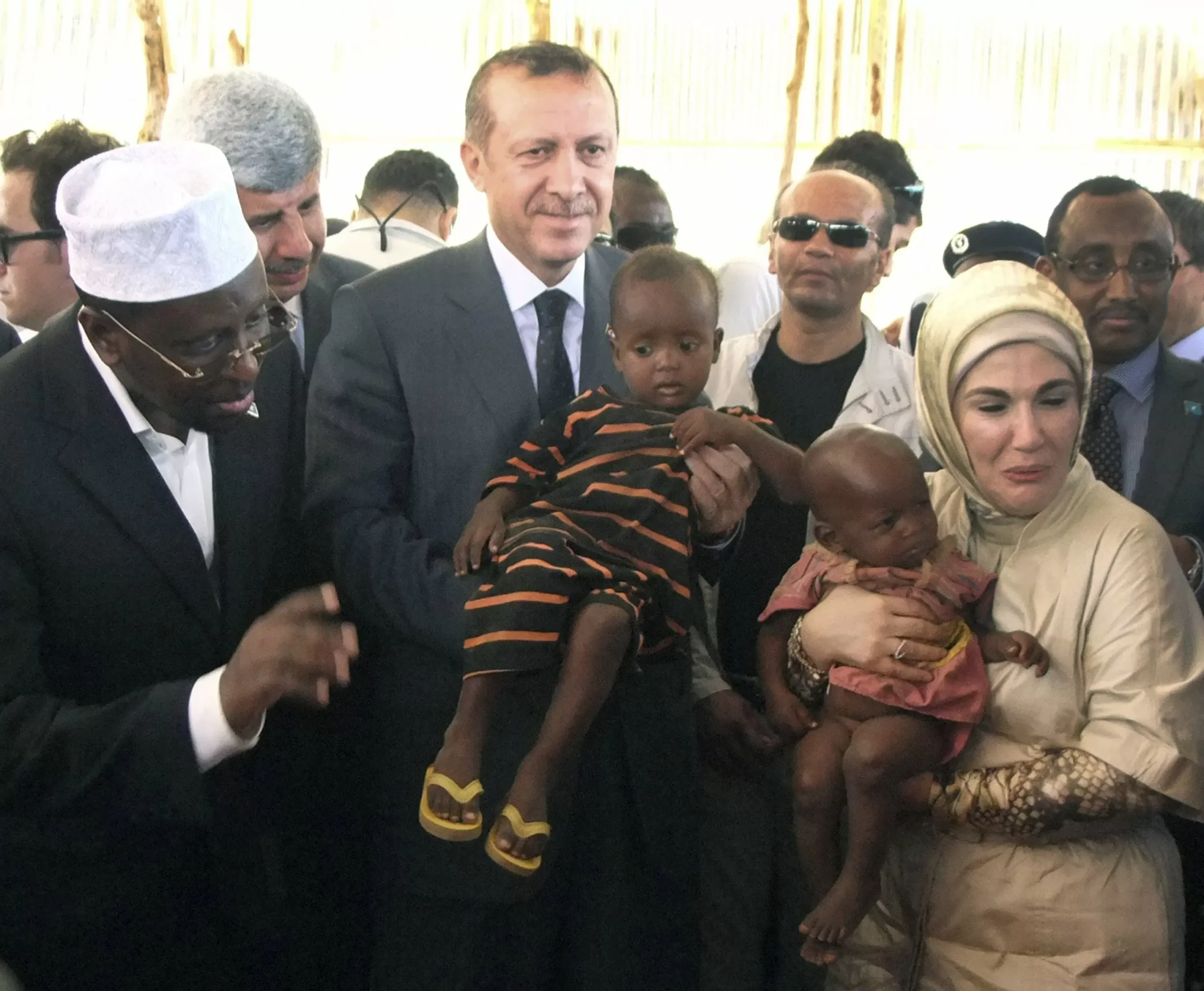Turkish Foreign Policy Towards Africa: A Positive Shift Under the AK Party
Turkey’s relationship with Africa has a long history, dating back to the Ottoman Empire. However, it was not until the early 2000s, under the leadership of the Justice and Development Party (AK Party), that Turkey’s foreign policy towards Africa underwent significant changes. These changes have been marked by a shift towards a more proactive and mutually beneficial approach, resulting in a stronger and more dynamic partnership between Turkey and the African continent.
Under the leadership of President Recep Tayyip Erdogan, Turkey’s foreign policy has been guided by the principle of “zero problems with neighbors.” This approach has been extended to Africa, with Turkey seeking to establish strong and cooperative relationships with African countries based on mutual respect and shared interests.
One of the key factors that have contributed to the positive shift in Turkish foreign policy towards Africa is the opening of Turkish embassies in many African countries. This has allowed for more direct and effective communication between Turkey and African nations, leading to increased cooperation and collaboration in various fields.
Another significant change has been the increase in trade and economic ties between Turkey and Africa. In 2003, the total trade volume between Turkey and Africa was only $5.4 billion. However, by 2019, this number had increased to $26.2 billion, with the goal of reaching $50 billion by 2023. This growth in trade has been mutually beneficial, with Turkey importing natural resources and raw materials from Africa while exporting its manufactured goods and services to the continent.
Moreover, Turkey has also been actively involved in development projects in Africa, providing aid and assistance in various sectors such as education, healthcare, and infrastructure. The Turkish Cooperation and Coordination Agency (TIKA) has been at the forefront of these efforts, implementing projects in over 40 African countries. These projects have not only helped to improve the lives of people in Africa but have also strengthened the ties between Turkey and African nations.
In addition to economic and development cooperation, Turkey has also been actively engaged in political and diplomatic efforts in Africa. Turkey has been a strong advocate for African issues in international forums, such as the United Nations, and has supported African countries in their fight against terrorism and extremism. Turkey has also been a mediator in conflicts in Africa, such as the Sudanese peace process, showcasing its commitment to promoting peace and stability in the region.
Furthermore, Turkey has also been actively involved in cultural and educational exchanges with Africa. The Turkish government has provided scholarships to thousands of African students to study in Turkey, promoting people-to-people connections and fostering a better understanding between the two regions. Turkish cultural centers have also been established in various African countries, promoting Turkish culture and language and strengthening cultural ties.
The positive shift in Turkish foreign policy towards Africa has not gone unnoticed. In 2008, Turkey was granted observer status in the African Union, and in 2013, it became a strategic partner of the organization. This recognition is a testament to the growing importance of Turkey in Africa and the strong relationship between the two.
In conclusion, under the leadership of the AK Party, Turkish foreign policy towards Africa has undergone significant changes, resulting in a more proactive and mutually beneficial approach. The increase in trade and economic ties, development projects, political and diplomatic efforts, and cultural and educational exchanges have all contributed to a stronger and more dynamic partnership between Turkey and Africa. As Turkey continues to strengthen its ties with Africa, it is clear that the positive shift in its foreign policy towards the continent will continue to bring mutual benefits and contribute to the development and prosperity of both regions.





![Complete BritRail Pass Guide [Types, How to Use It, Pros + Cons]](https://inside-news.uk/wp-content/uploads/2025/06/00221EB4-BCA2-4DBB-6CD4-83DBC37D71FA-120x86.webp)















